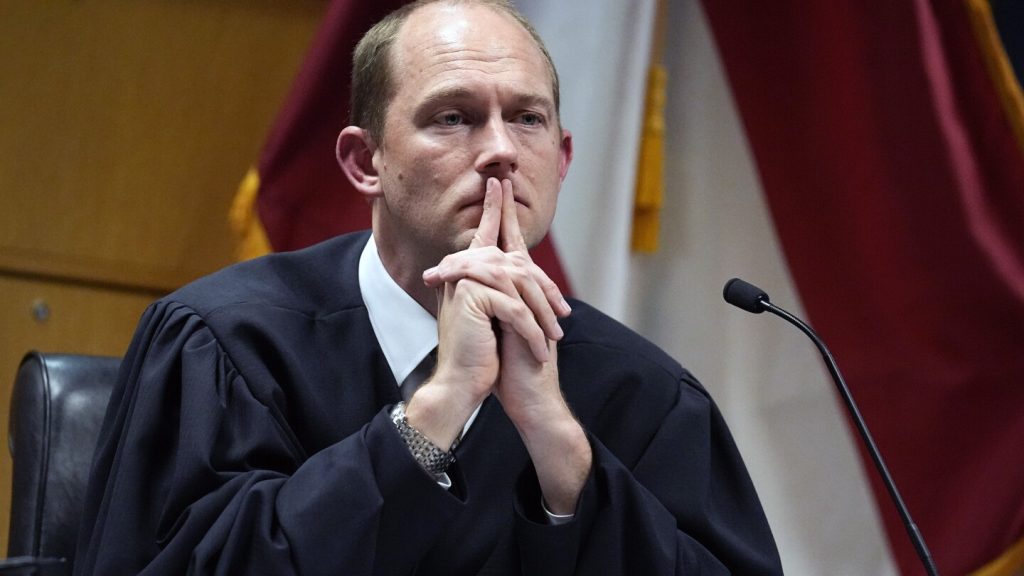Former President Donald Trump and former Georgia Republican Party chair David Shafer are facing charges in the Georgia election interference case. Trump’s lawyers argue that the indictment seeks to criminalize political speech and advocacy conduct protected by the First Amendment. Shafer’s lawyers claim he acted legally when signing a certificate asserting that Trump won the 2020 presidential election in Georgia. The case is moving forward despite efforts to disqualify District Attorney Fani Willis due to a romantic relationship with special prosecutor Nathan Wade.
In August, Willis obtained an indictment against Trump and 18 others, accusing them of participating in a scheme to overturn the 2020 presidential election in Georgia. Four defendants have pleaded guilty, while Trump and others have pleaded not guilty. The indictment includes charges of violating Georgia’s anti-racketeering law. Prosecutors argue that the charges are based on criminal acts, not protected speech. Trump’s lawyers argue that the behavior targeted in the indictment is encouraged by the First Amendment and relates to political speech and discussion regarding governmental affairs.
Shafer faces charges related to organizing Georgia Republicans to cast Electoral College votes for Trump, despite the state’s certification in favor of Biden. His lawyers argue that the prosecution is seeking to punish lawful conduct by Shafer, who was attempting to comply with legal advice and the Electoral Count Act. They also seek the removal of certain phrases from the indictment that they believe are prejudicial legal conclusions. Prosecutors maintain that the indictment includes disputed allegations and legal conclusions, and argue against the dismissal of the charges.
Willis faced setbacks in March, with the judge criticizing her actions and requiring her lead prosecutor to step aside for the prosecution to continue. At the same time, the judge dismissed six counts in the indictment, including three against Trump, citing a lack of detail about the alleged crimes. The case is ongoing, with no trial date set yet. The defendants continue to challenge the indictment and the involvement of the district attorney, as they prepare for the legal proceedings ahead. The arguments presented in court filings reflect the ongoing legal battle surrounding the Georgia election interference case.


